
Family Vacations & Your Mental Peace: Strategies for Stress-Free Summer Travel
Family Vacations & Your Mental Peace: Strategies for Stress-Free Summer Travel By: Rane Wallace, MS, LPC, LCDC, SAP Of course, traveling with your family is
Daylight savings has officially come and gone. For most of us, this means the days have gotten shorter, and those dreaded “winter blues” are starting to kick in. The “winter blues” are simply another name for seasonal affective disorder. And this form of seasonal depression affects about 5% of our population.
But what is it, exactly? And better yet, is there a way to avoid seasonal depression?
As licensed mental health therapists, we are here to clear the air on the seasonal affective disorder. Keep reading to learn what it is, why it happens, and how to cope with it.
Contrary to what many believe, there is scientific backing behind seasonal depression. According to John Hopkins Medicine, less sunlight combined with shorter days actually triggers a chemical shift in our brains.
When it’s dark out, our bodies naturally increase melatonin production (the sleep-inducing hormone). Because the sun sets earlier in the winter, our melatonin production increases. Additionally, our serotonin levels (aka the mood-boosting hormone) dip with less sun exposure.
Instead of typing ‘do I have seasonal depression?’ into your search bar, check out this list of common seasonal depression symptoms:
Are you or a loved one struggling with seasonal depression? If so, it’s important to know that you’re not alone. Also, know that there are treatments available for depression. While your treatment plan depends on your specific circumstances, it will probably consist of the following:
Because decreased sunlight is what causes your hormonal changes to occur, spending time outside can relieve your symptoms. We recommend walking around the block, sitting on the front porch, or simply reading by a window in your home.
For some of us, it’s not possible to increase our daily dosage of sunlight. If this is the case for you, you can try light therapy instead. Essentially, light therapy uses special light bulbs or lamps to help with seasonal depression.
Psychotherapy can help those struggling with seasonal depression. Specifically, cognitive-behavioral or interpersonal therapy can change the distorted views you may have of yourself or your environment. At Fort Wellness Counseling, we have helped countless people overcome seasonal depression by working with them in routine depression therapy appointments.
Lastly, there are prescription medications available to correct the chemical imbalance that causes the seasonal affective disorder.
Looking for a more natural cure for seasonal depression? Don’t worry, there are plenty. Below are some of our top recommendations for natural remedies for seasonal depression:
Maintaining your level of exercise and eating a healthy diet are two phenomenal ways of combatting seasonal affective disorder. Not only will these boost your energy levels, but they’ll replenish your body with mood-boosting endorphins.
Studies have linked gratitude to an individual’s mental health and well-being. Therefore, keeping a gratitude journal can help you feel more satisfied in your life and boost your self-esteem. If you need help getting started, check out these 5 Self-Care Journaling Prompts for Mental Health.
Socializing with friends and family is another way to avoid seasonal depression. Not only does social interaction bolster your emotional support system, but it also lightens your mood and makes you feel happier. If it’s not possible to socialize in person, chatting over the phone or making video calls will do the trick.
When you’re in the midst of seasonal affective disorder, it’s easy to focus on the negative. However, we encourage you to refocus your thoughts/energy on taking care of yourself. Engage in activities that make you feel good (think: taking a bath, reading a book, or going to yoga). Or you could try out a new hobby.
If you or a loved one is struggling with seasonal depression, speaking with a licensed mental health therapist can help. No one should have to carry their burdens alone. And a professional therapist (like ourselves!) can equip you with resources and strategies to accomplish real change.
Here at Fort Wellness Counseling, we have helped hundreds of people overcome their feelings of depression, anxiety, and other mental health struggles. Book your initial consultation today, and we’d be happy to do the same for you.

Family Vacations & Your Mental Peace: Strategies for Stress-Free Summer Travel By: Rane Wallace, MS, LPC, LCDC, SAP Of course, traveling with your family is

Mental Health 101: Debunking Common Myths By: Rane Wallace, MS, LPC, LCDC, SAP Every May, Mental Health Awareness Month raises awareness and advocacy for people

Medical Trauma: Understanding and Healing from Difficult Healthcare Experiences By: Rane Wallace, MS, LPC, LCDC, SAP Over the years, I’ve come to understand that for

Social Media Depression: Beyond FOMO to Algorithm-Induced Mood Change By: Rane Wallace, MS, LPC, LCDC, SAP I’ve seen this happen so many times with patients,

How to Wind Down at Night: Simple Sleep Hygiene Tips By: Rane Wallace, MS, LPC, LCDC, SAP Sleep hygiene might sound like a fancy term,
Pregnancy and Postpartum Anxiety Treatment in Fort Worth By: Rane Wallace, MS, LPC, LCDC, SAP Have you or a loved one experienced anxiety during pregnancy

Breaking the ‘New Year, New Me’ Mindset: A Guide to Sustainable Change By: Rane Wallace, MS, LPC, LCDC, SAP In my years as a therapist,
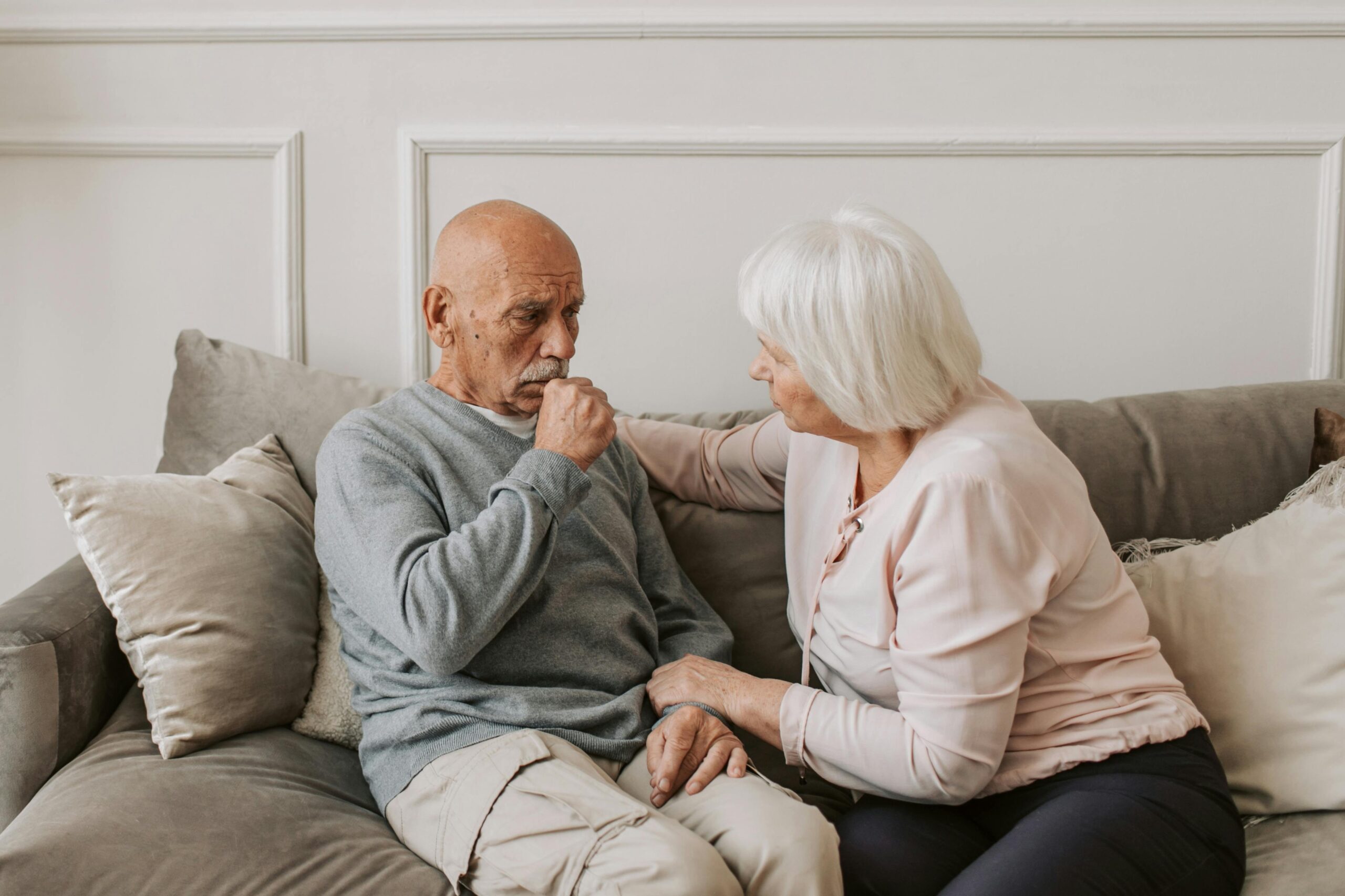
How to Support a Partner with Chronic Illness: A Mental Health Perspective By: Rane Wallace, MS, LPC, LCDC, SAP Living with a chronic illness can

EMDR for Attachment Issues: Building Healthy Relationships By: Rane Wallace, MS, LPC, LCDC, SAP When you hear “EMDR therapy” (Eye Movement Desensitization and Reprocessing), you

How to Deal with a Narcissistic Partner By: Rane Wallace, MS, LPC, LCDC, SAP Do you ever feel like your partner thinks they’re better than

How to Recover from Burnout By: Rane Wallace, MS, LPC, LCDC, SAP Burnout is a common struggle in today’s fast-paced world. Life’s relentless demands can

The Benefits of Attending Couples Counseling By: Rane Wallace, MS, LPC, LCDC, SAP There’s a misconception about couples counseling – that it signals the end

Things to Know About Individual Counseling in Fort Worth, TX By: Rane Wallace, MS, LPC, LCDC, SAP May is Mental Health Awareness Month, a good

Everything You Need to Know About EMDR Therapy By: Rane Wallace, MS, LPC, LCDC, SAP Have you heard about EMDR therapy and want to learn

What is Nature Therapy? (And Why You Should Be Doing It!) By: Rane Wallace, MS, LPC, LCDC, SAP Let’s face it: there’s just something about
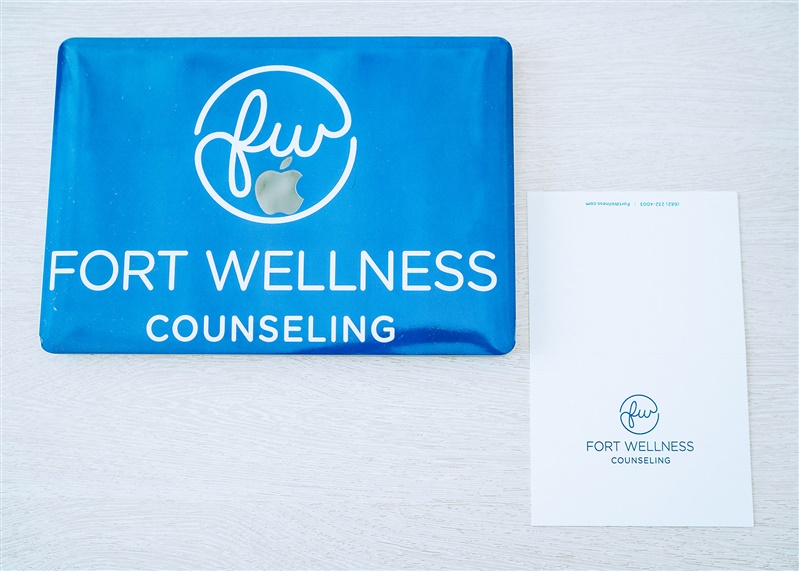
The Benefits of Virtual Therapy in Texas By: Rane Wallace, MS, LPC, LCDC, SAP Technology is changing everything, and healthcare is no different! Thanks to
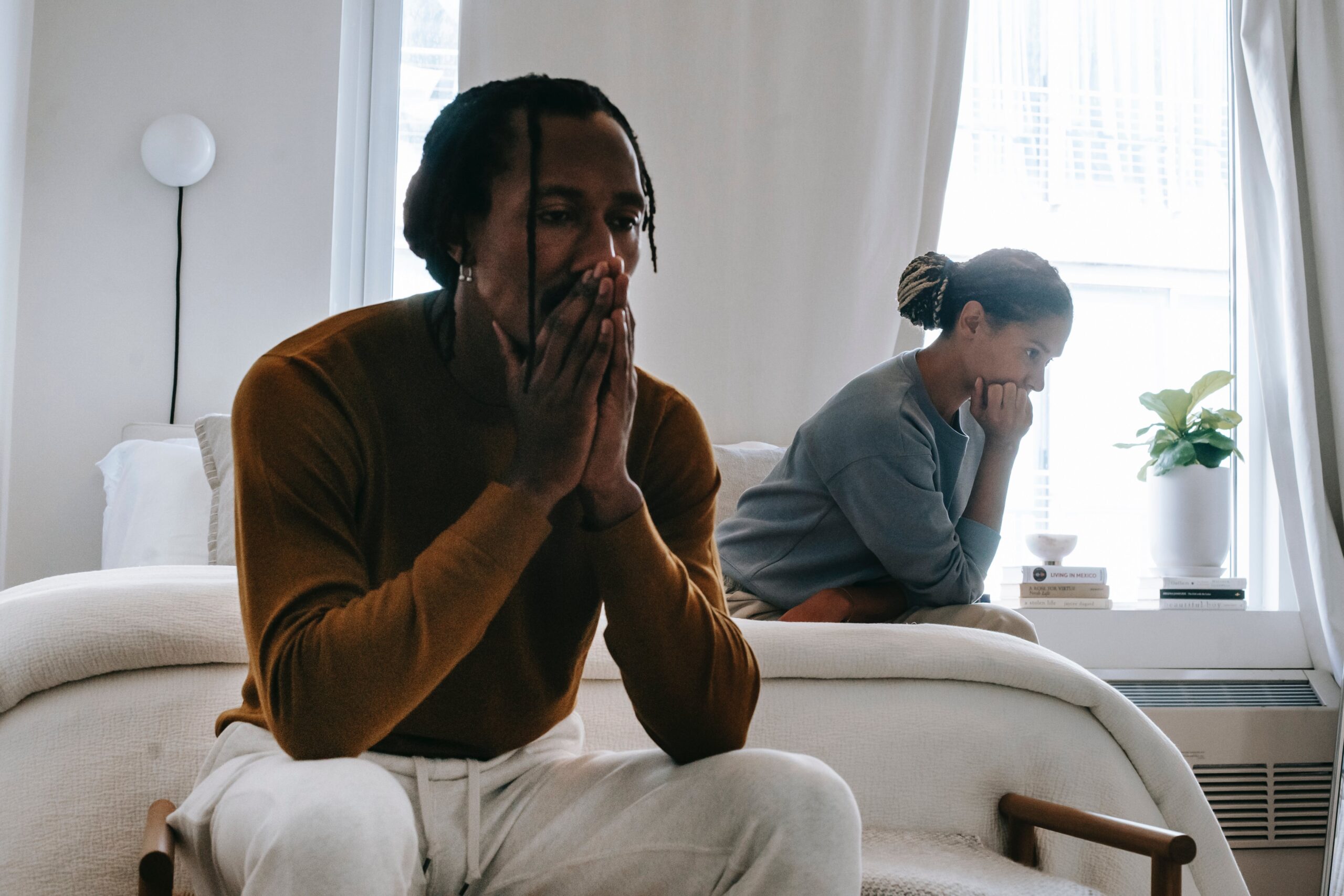
How to Get Over a Breakup By: Rane Wallace, MS, LPC, LCDC, SAP Breaking up with a romantic partner is painful – no matter the reason

How to Set New Year’s Resolutions By: Rane Wallace, MS, LPC, LCDC, SAP How to Set New Year’s Resolutions Setting goals gives us a sense
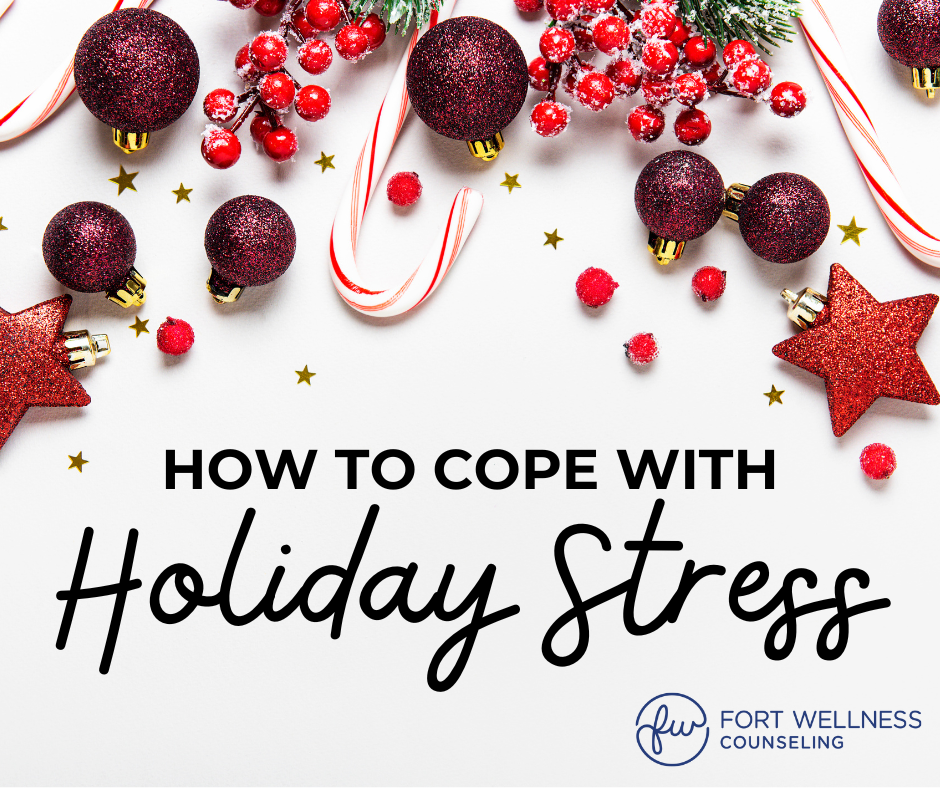
How to Cope with Holiday Stress By: Rane Wallace, MS, LPC, LCDC, SAP Say No to Prevent Burnout There are an abundance of obligations that

Trauma Therapy in Fort Worth: Types, Benefits & More By: Rane Wallace, MS, LPC, LCDC, SAP Believe it or not, an estimated 60% of men
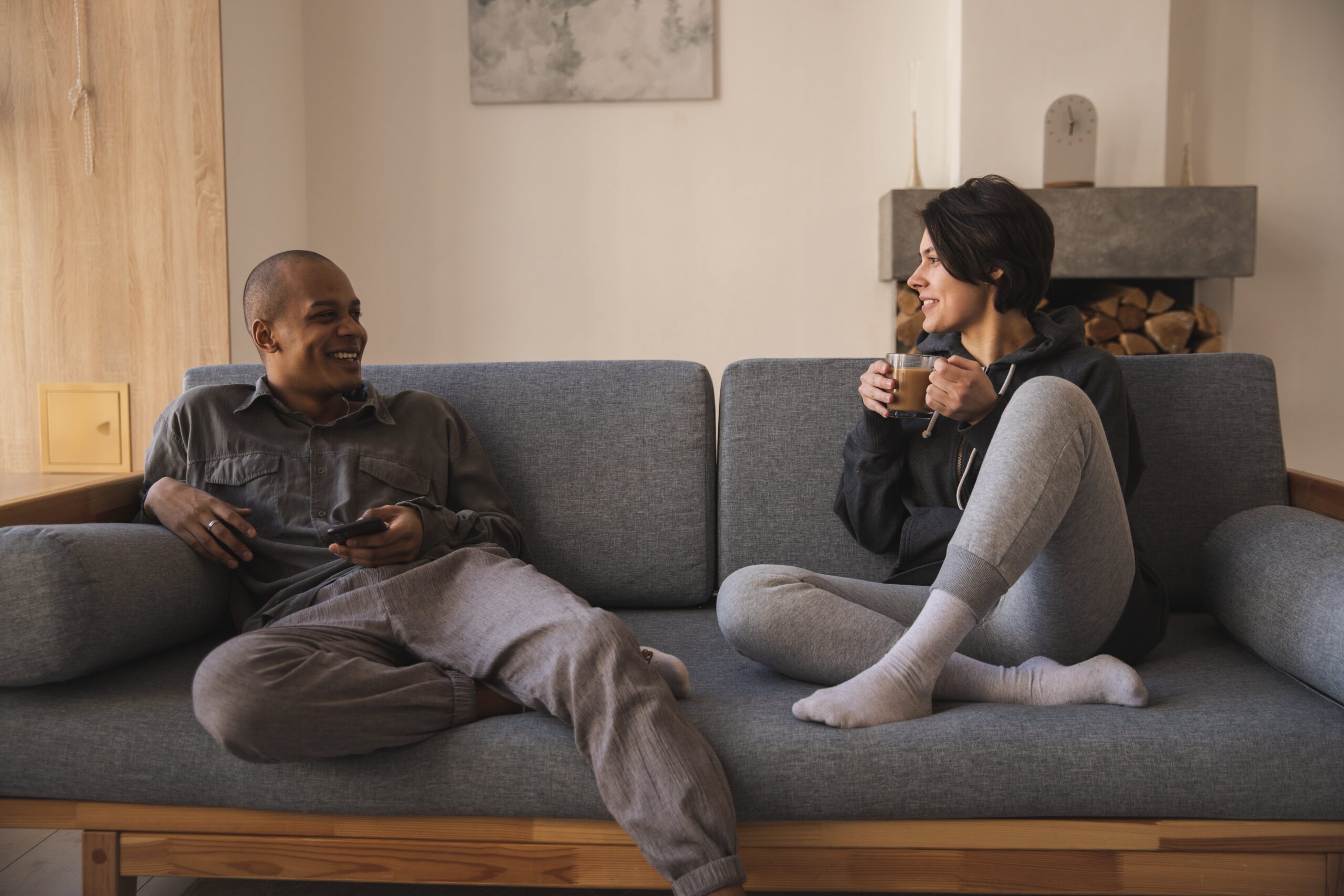
How to Communicate Better in Relationships By: Rane Wallace, MS, LPC, LCDC, SAP Whether with coworkers or your significant other, the ability to communicate effectively

How to Prevent Seasonal Affective Disorder (SAD) By: Rane Wallace, MS, LPC, LCDC, SAP If you’re struggling with winter blues, know you’re not alone. SAD

What is a Functioning Alcoholic? By: Rane Wallace, MS, LPC, LCDC, SAP When someone is deemed a ‘high-functioning alcoholic,’ they’re able to carry out daily

How to Help Yourself – And Others – with Suicidal Ideation By: Rane Wallace, MS, LPC, LCDC, SAP September is Suicide Awareness Month. And while

32 Questions to Strengthen Your Relationship By: Rane Wallace, MS, LPC, LCDC, SAP When was the last time you had a meaningful conversation with your
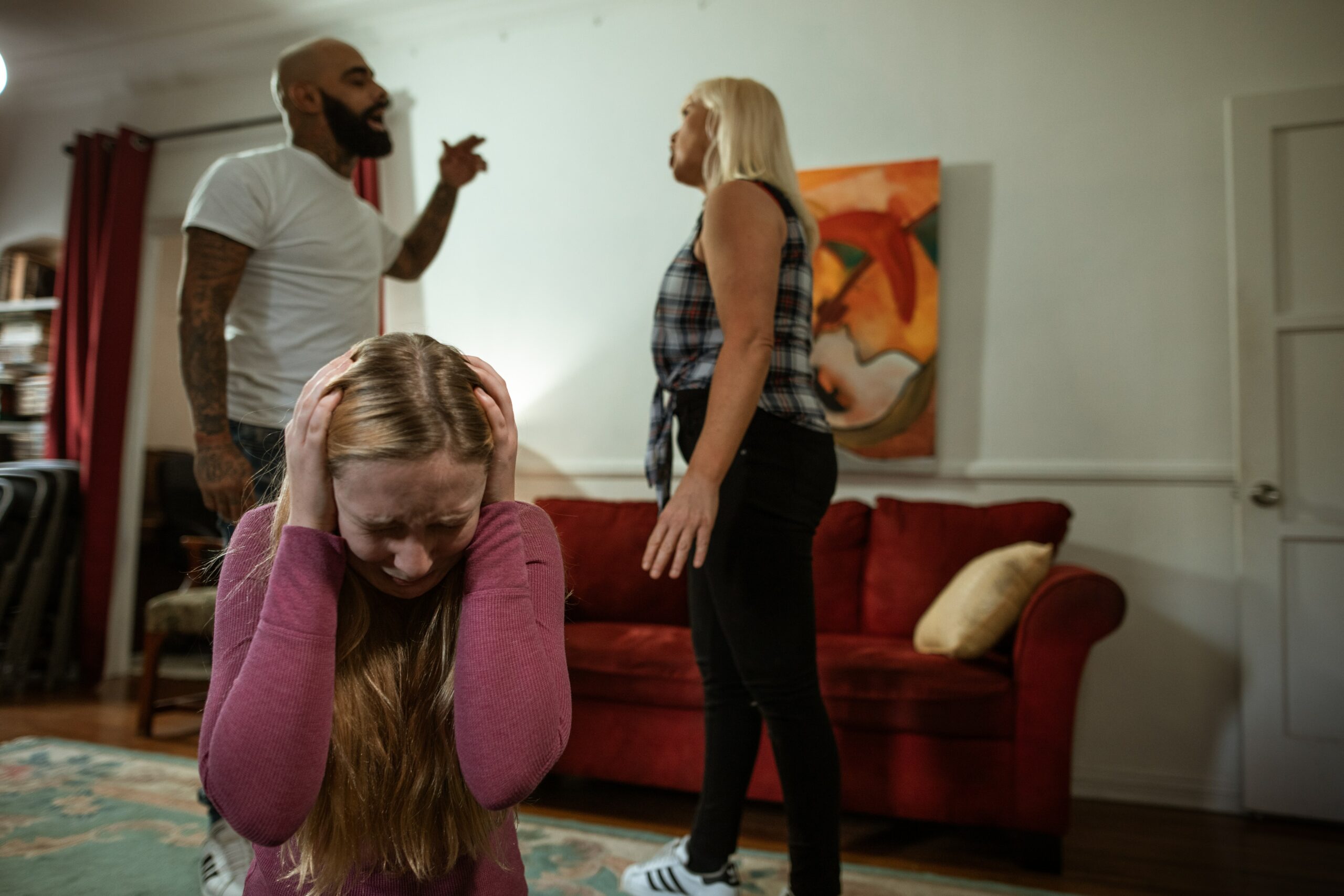
The Fawn Response: How Trauma Can Lead to People Pleasing By: Rane Wallace, MS, LPC, LCDC, SAP Do you often find yourself putting the needs
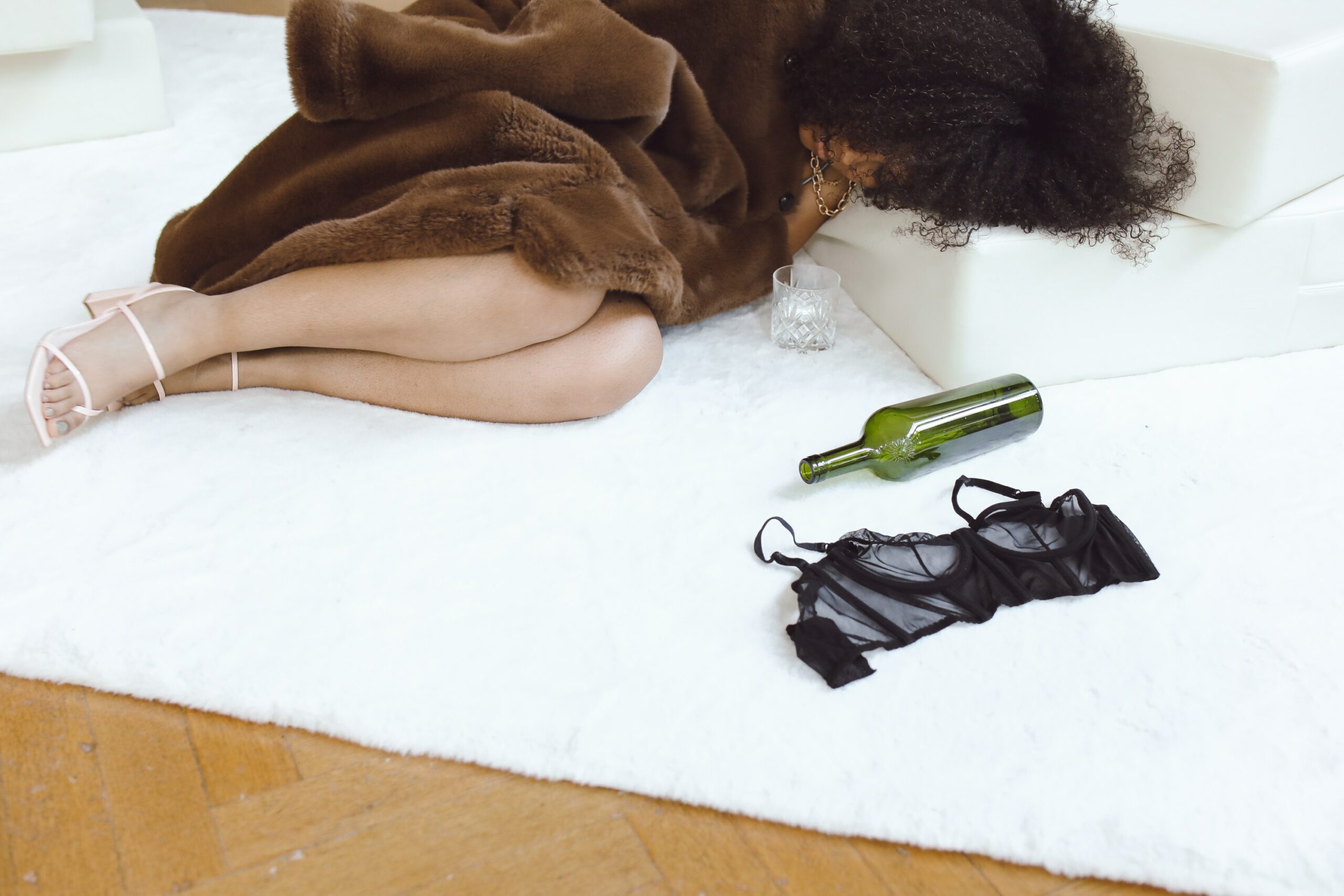
How to Overcome ‘Hangxiety’ (Post-Drinking Anxiety) By: Rane Wallace, MS, LPC, LCDC, SAP Thought the consequences of drinking heavily were merely physical? Unfortunately, you’ll have

What is Box Breathing? Plus Tips for Beginners By: Rane Wallace, MS, LPC, LCDC, SAP Ever heard of box breathing? This popular relaxation technique involves

Do Mindfulness Exercises for Anxiety Work? By: Rane Wallace, MS, LPC, LCDC, SAP Do mindfulness exercises for anxiety work? If you (or people in your

What is Trauma Bonding? 4 Warning Signs By: Rane Wallace, MS, LPC, LCDC, SAP If you’ve ever been in an abusive relationship and felt bonded
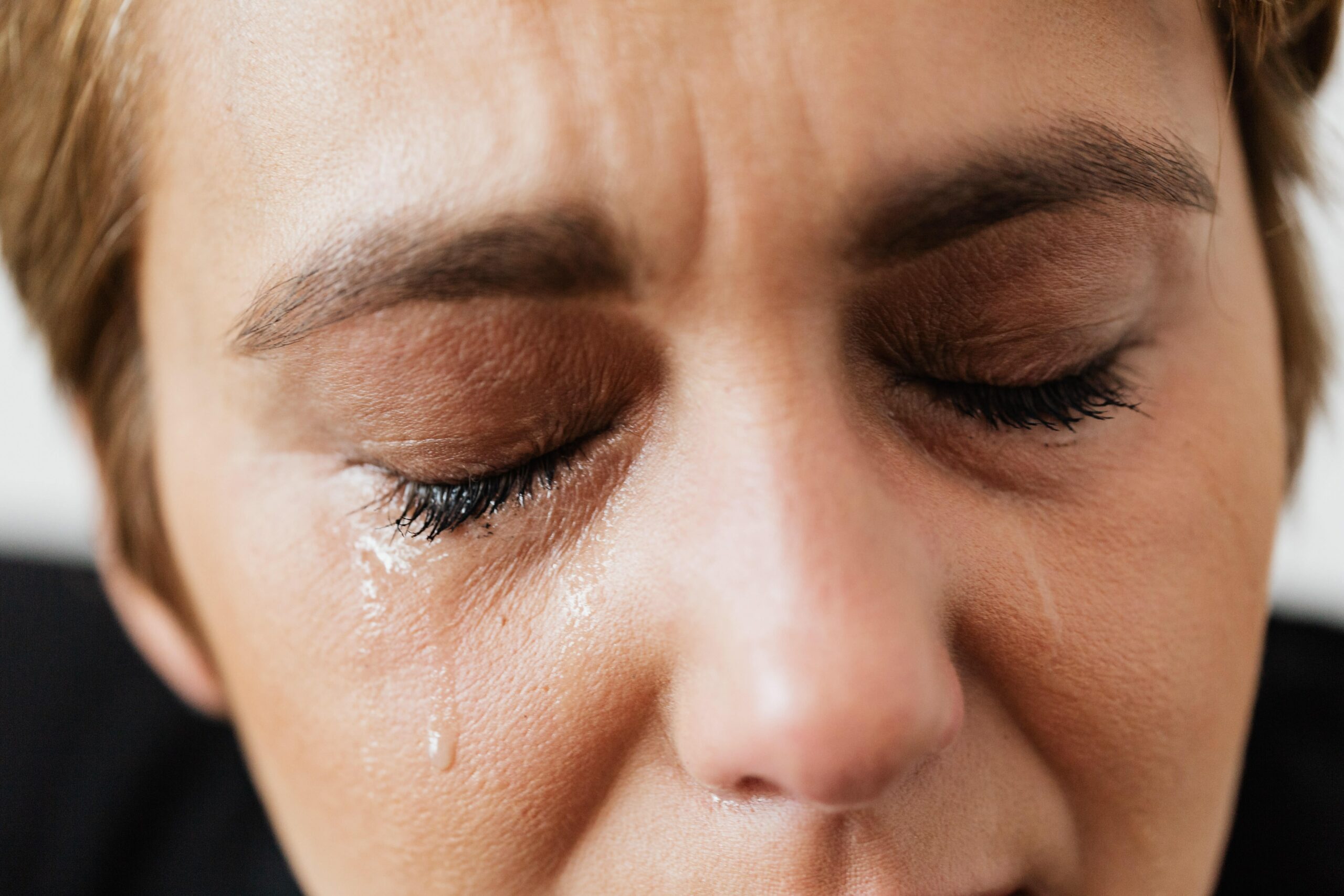
Why Do We Cry? 4 Reasons and Crying Benefits By: Rane Wallace, MS, LPC, LCDC, SAP There’s no getting around it – crying is part

What Is Habit Stacking? (And How to Do It) By: Rane Wallace, MS, LPC, LCDC, SAP Supporting our mental health is one of those goals

5 Tips for Living with Someone with OCD By: Rane Wallace, MS, LPC, LCDC, SAP While living with OCD (obsessive-compulsive disorder) can be demanding, living

What is Assertive Communication? By: Rane Wallace, MS, LPC, LCDC, SAP So, what is assertive communication? Well, in a nutshell, this communication style aims to

PTSD Counseling in Fort Worth: Proven Coping Strategies By: Rane Wallace, MS, LPC, LCDC, SAP For those who didn’t already know, post-traumatic stress disorder (PTSD)

Brainspotting vs. EMDR: What’s the Difference? By: Rane Wallace, MS, LPC, LCDC, SAP According to the National Council for Mental Wellbeing, 70% of American adults
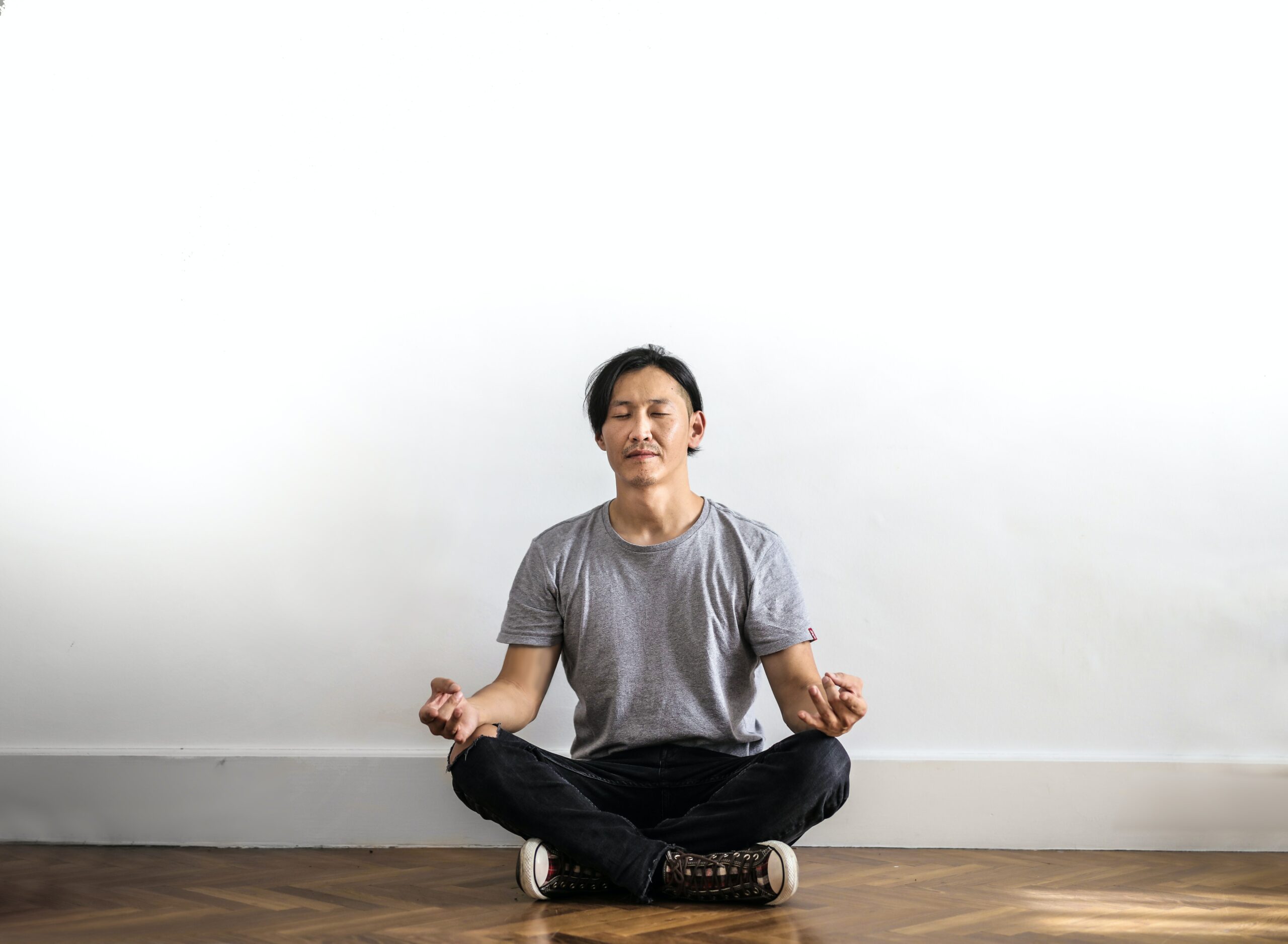
Mindfulness Exercises to Strengthen Your Recovery By: Rane Wallace, MS, LPC, LCDC, SAP Are you recovering from alcohol and/or substance abuse? Self-improvement is a life-long

How to Find a Counselor in Fort Worth By: Rane Wallace, MS, LPC, LCDC, SAP Are you considering therapy? If so, finding a counselor in

How To Not Be Codependent In A Relationship By: Rane Wallace, MS, LPC, LCDC, SAP Wondering how to not be codependent in a relationship? Sometimes

What is Parental Anxiety? Coping Tips from a Therapist By: Rane Wallace, MS, LPC, LCDC, SAP Every parent wants to shield their child from danger

What is EMDR Therapy? By: Rane Wallace, MS, LPC, LCDC, SAP Ever heard of eye movement desensitization and reprocessing therapy? More commonly known as EMDR,
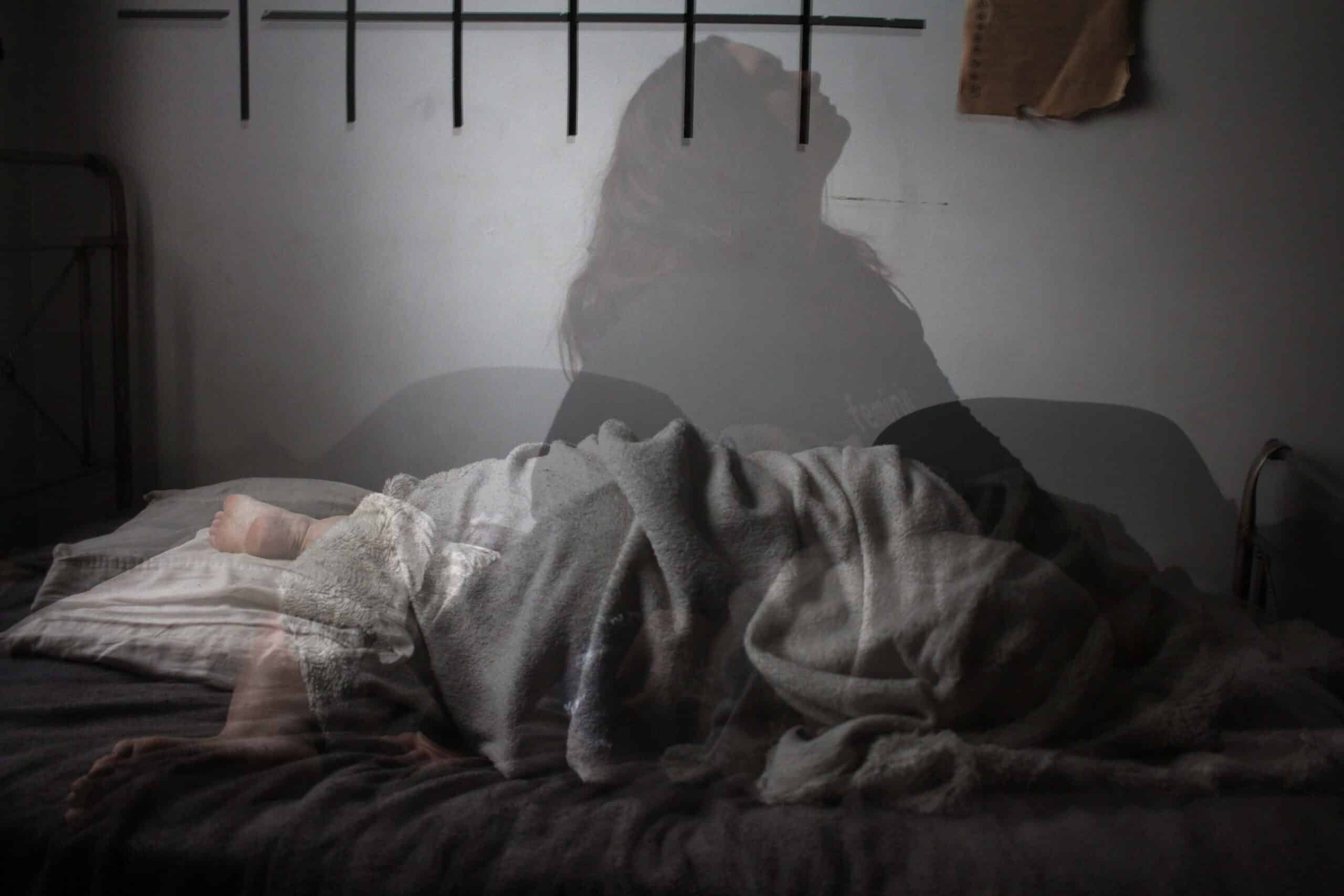
8 Proven Tips to Sleep Better at Night (and Improve Your Mental Health) By: Rane Wallace, MS, LPC, LCDC, SAP Struggling with restless nights and
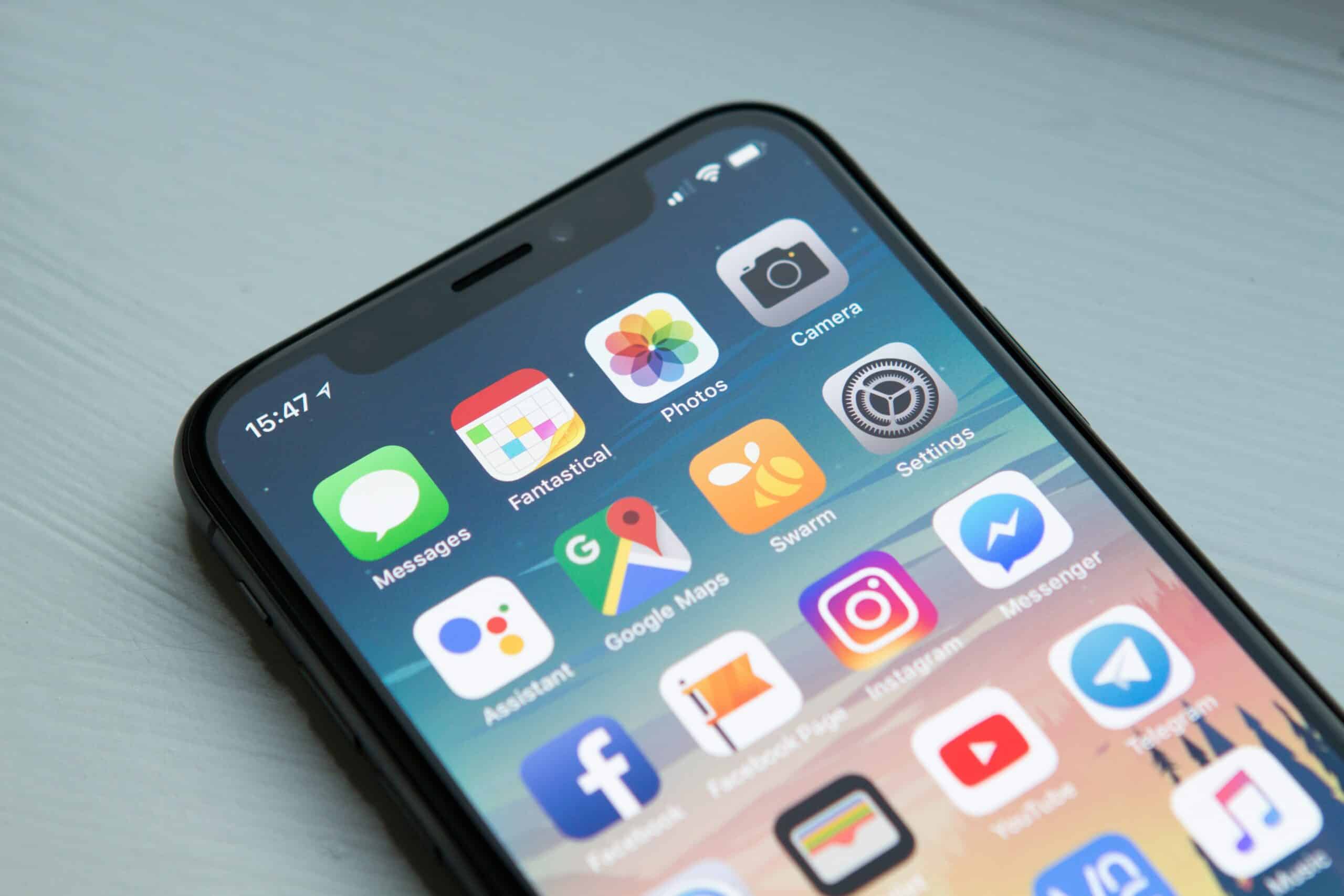
How to Have a Healthy Relationship with Social Media By: Rane Wallace, MS, LPC, LCDC, SAP In today’s world, there’s no escaping the presence of

What Is The Goal of Psychotherapy? By: Rane Wallace, MS, LPC, LCDC, SAP Have you been considering psychotherapy? The start of a new year is

What is Brainspotting Therapy? By: Rane Wallace, MS, LPC, LCDC, SAP Brainspotting therapy is a kind of alternative therapy that is gaining immense popularity in